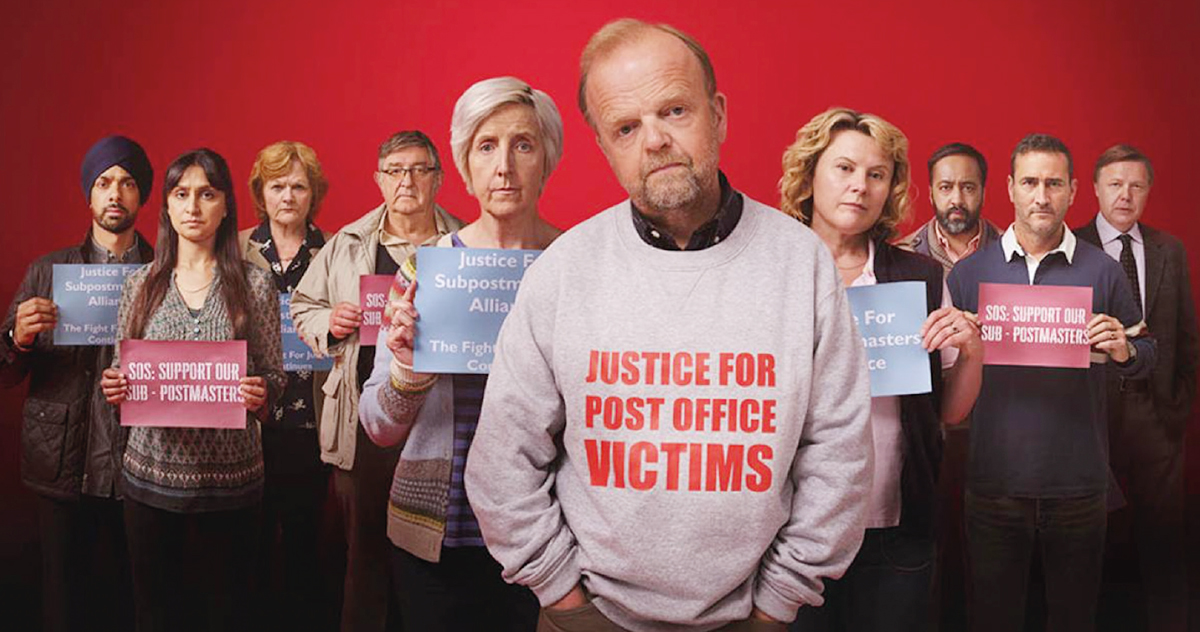
Although couples in cohabiting relationships form part of the fastest-growing family type, many people are still under the impression that a mythical status of ‘common law spouse’ or a ‘common law marriage’ exists. Grant Parker, Partner & Head of Family at Mayo Wynne Baxter puts that myth to bed
As part of Resolution’s Campaign for Change, the Annual Awareness Week 2023 focused on the need for reform of the law relating to cohabitees. Resolution found one in five families cohabit in England and Wales. This represents an increase of 23% in the past decade. A concerning 46% mistakenly believe that cohabiting couples are protected by ‘common law marriage,’ yet there is no such legal status.
Resolution is a membership organ-isation for family law professionals committed to working in a constructive way, has a membership of over 6,500 family justice professionals, and is at the forefront of campaigning for reforms to the family justice system. All members of the Mayo Wynne Baxter family team are members of Resolution.
Our analysis has revealed that four out of five of the largest comparison websites make reference to a ‘common law spouse’ status, perpetuating the myth that such a relationship status exists and putting people at huge financial risk.
MoneySuperMarket, Go.Compare, Compare the Market and Quote Zone, which between them have an estimated 22 million visits each month, allow users to select that they are in a ‘common law’ relationship, despite no such status being recognised in law.
A significant proportion of cohabiting couples incorrectly believe their positions are similar to married couples, allowing them to make similar financial claims on the breakdown of their relationship. When married couples separate, the law that applies requires matrimonial assets to be divided fairly. When unmarried couples separate, even if they have children together and despite the length of their relationship, they do not have the same rights as a married couple.
There is a real risk that cohabitees could make financial decisions based on their belief in an entirely mythical status and, in doing so, expose themselves to financial insecurity and even litigation.
Marriage is not for everyone, and cohabiting can provide a financially practical option for many couples, especially as we contend with the cost-of-living crisis. However, it is vital that legal protection is put in place in case a relationship ends.
A Cohabitation Agreement, which sets out what will happen to joint and separate assets in the event of a breakdown in a relationship, should be the top priority for all unmarried couples planning to move in together. It is especially important to have this agreement in place if the house is in one party’s name only or if children are involved, as protecting your wealth will provide security and help safeguard their future.
An additional consideration would be a Declaration of Trust which sets out how property is held and in what shares. If purchasing a property together as a cohabiting couple and in unequal shares, a Declaration of Trust can record each person’s contribution; this could include if any contribution was made – such as a loan by one party’s parents – to assist with the purchase, this would ensure the loan would be repaid if there was a breakdown and the property was sold.
Although formalising the arrangement by entering into an agreement might be an uncomfortable thought, it is important to consider all eventualities and arrange legal protection if something was to go wrong. It is a bit like having insurance, you hope you will not have to use it, but it is there should the worst happen.
Ideally, the law should reflect modern life and family lawyers have campaigned for a number of years for the reform of the legislation which applies to cohabitants in order to achieve at least basic rights on relationship breakdown. The Law Commission recommended reform of this law in 2007 and there has been no action taken since by the Government.
Although change is happening within family law, and the introduction of No-Fault Divorce is evidence change can happen, it happens slowly and, until it does, cohabiting couples should be aware there is no such thing as a ‘common law spouse’ and protect themselves accordingly – especially in respect of property ownership, pension rights and maintenance payments.





